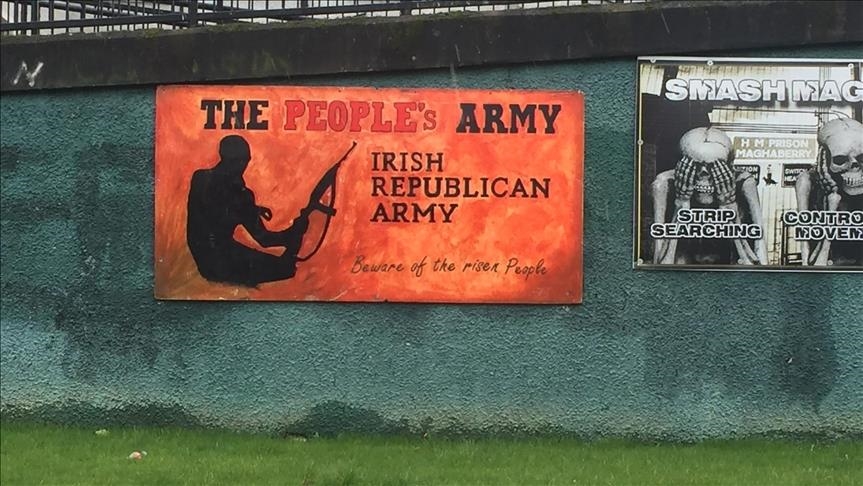BIRMINGHAM, England
The UK government on Thursday announced that an independent statutory inquiry will be launched into the preventability of the 1988 deadly bombing in Omagh, Northern Ireland.
The Real IRA, a splinter group of the Irish Republican Army, claimed responsibility for the Omagh bombing on Aug. 15, 1998, and its four members were subsequently found responsible for the bombing in civil proceedings.
Secretary of State for Northern Ireland Chris Heaton-Harris announced the inquiry at House of Commons.
In a written statement, the government said the inquiry “does nothing to counter these findings, which are clear in who was responsible for this awful atrocity.”
The Omagh bombing killed 29 people, including a woman pregnant with twins. Hundreds more were injured.
Here are the four issues identified by the High Court which the independent statutory inquiry will examine: how intelligence was used and shared, the use of cell phone analysis, whether there are knowledge about the bomb, and whether the Real IRA attack might have been prevented with mounted operations.
“Limiting the inquiry to the specific findings of the High Court will ensure that the Government can comply with its international obligations under the European Convention on Human Rights. A final report will be published that will respond to each of the issues identified by the Court,” according to the statement.
The legal framework for establishing the independent statutory inquiry is expected to be completed in the coming days.
Heaton-Harris said he believes that an independent statutory inquiry is the most appropriate form of further investigation to address the grounds identified by the court.
Ex-soldier receives suspended sentence over killing unarmed man in 1988
An ex-soldier was given a suspended sentence on Thursday for killing an unarmed man at a military checkpoint in Northern Ireland in 1988.
Aidan McAnespie, a Catholic, was shot dead in Aughnacloy, County Tyrone after passing through a border security checkpoint.
David Holden, who was 18 years old at the time, became the first veteran to be convicted of a historical offense since the 1998 Good Friday Agreement which ended decades of conflict.
So far, six former soldiers have been charged with historical offenses in Northern Ireland, but cases against four collapsed and one died while on trial.
Holden was reportedly on his first checkpoint duty on the day of the incident. He claimed his hands were wet at the time and his finger slipped on the trigger of his machine gun, discharging three shots.

